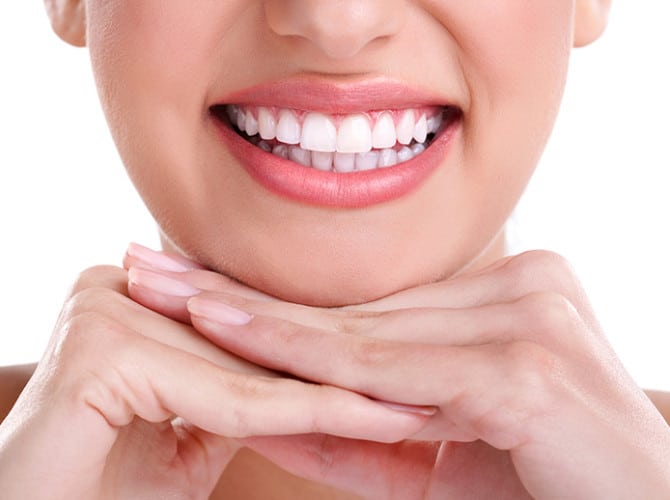How We Are Keeping You Safe in an Uncertain Time
November 11, 2021
What are the Best Products to Use for Oral Hygiene?
January 28, 2022Sugar is a common food ingredient that you probably eat every day without giving it much thought. However, if you enjoy sweet foods and drinks, this article may interest you because we will explain how sugar affects your teeth and ways to prevent potential damage. It’s no secret that sugar can affect health in many negative ways, and research has shown that dietary sugar intake is linked with an increased risk for obesity, heart disease, acne, cancer, diabetes, and even dementia. The top dentist in Bucks County states that sugar also has adverse effects on the health of your mouth, and this article will explain how.
- Tooth Decay
If you regularly eat or drink foods and beverages high in sugar, this can cause tooth decay. Many types of bacteria that live naturally in your mouth thrive on sugar. Over time, these bacteria convert the sugar to acid that destroys tooth enamel and causes cavities or dental caries. The top dentist in Bucks County states that this is known as “acidogenic” because it produces an acidic environment in your body. A diet high in sugar has been shown to cause twice the amount of decay compared to a low-sugar diet. If you have osteoporosis, diabetes, or gingivitis, excessive sugar intake can worsen your condition and increase your risk for tooth decay. Along with brushing and flossing regularly, try limiting foods high in sugar from your diet if you want to prevent cavities from forming on your teeth. - Gum Disease
The bacteria in your mouth that thrive on sugar can also contribute to gum disease. If you ignore signs of gum disease, this condition can worsen and lead to tooth loss. One study that spanned ten years found that women who frequently ate high-sugar foods and beverages were more likely to develop gum disease, especially if they had a history of cigarette smoking. Also, having diabetes can make it difficult for wounds in the mouth to heal due to reduced blood flow, which increases your risk of developing gum disease. Some research has also shown that poor oral hygiene and frequent consumption of sugary drinks may increase your risk for pancreatic cancer. - Tooth Erosion
Teeth are harder than many fruits, candies, and snacks that you enjoy consuming. However, because of their porous nature, hard sweets and fruit juices can still cause tooth erosion. Over time, the acids in these foods attack your teeth, causing them to become dull and lose their natural color. When this happens, it can leave you with sensitive teeth. - Risk of Cavities
Sugars that are dissolved or cooked into foods strengthen plaque, the sticky film that builds up on your teeth. Eating excessive sugar makes it difficult for professionals and the top dentist in Bucks County to obliterate the plaque during your regular dental visits. The bacteria that make up plaque use carbohydrates as a food source, primarily relying upon starches and sugars found in your diet. These carbohydrates are turned into sugar by saliva enzymes, making them available for the bacteria to use. - Tooth Enamel Erosion
Some types of candies, snacks, and beverages have the potential to eat away at your tooth enamel. This can happen when you consume acidic foods or liquids regularly. For example, carbonated drinks are highly acidic, so they frequently erode tooth enamel during digestion. Carbonated beverages also lower mouth pH levels, contributing to tooth erosion by creating an environment where cavity-causing bacteria thrive. This means that it’s important to limit sugary foods and drinks whenever possible.
In conclusion, sugar is a common ingredient that can be found in many foods and drinks, but you should limit or eliminate it from your diet if possible because it can lead to health issues. You can visit the top dentist in Bucks County If you want more information on dental services or oral cancer treatment options available at our practice. Don’t hesitate to get in touch with us today!


